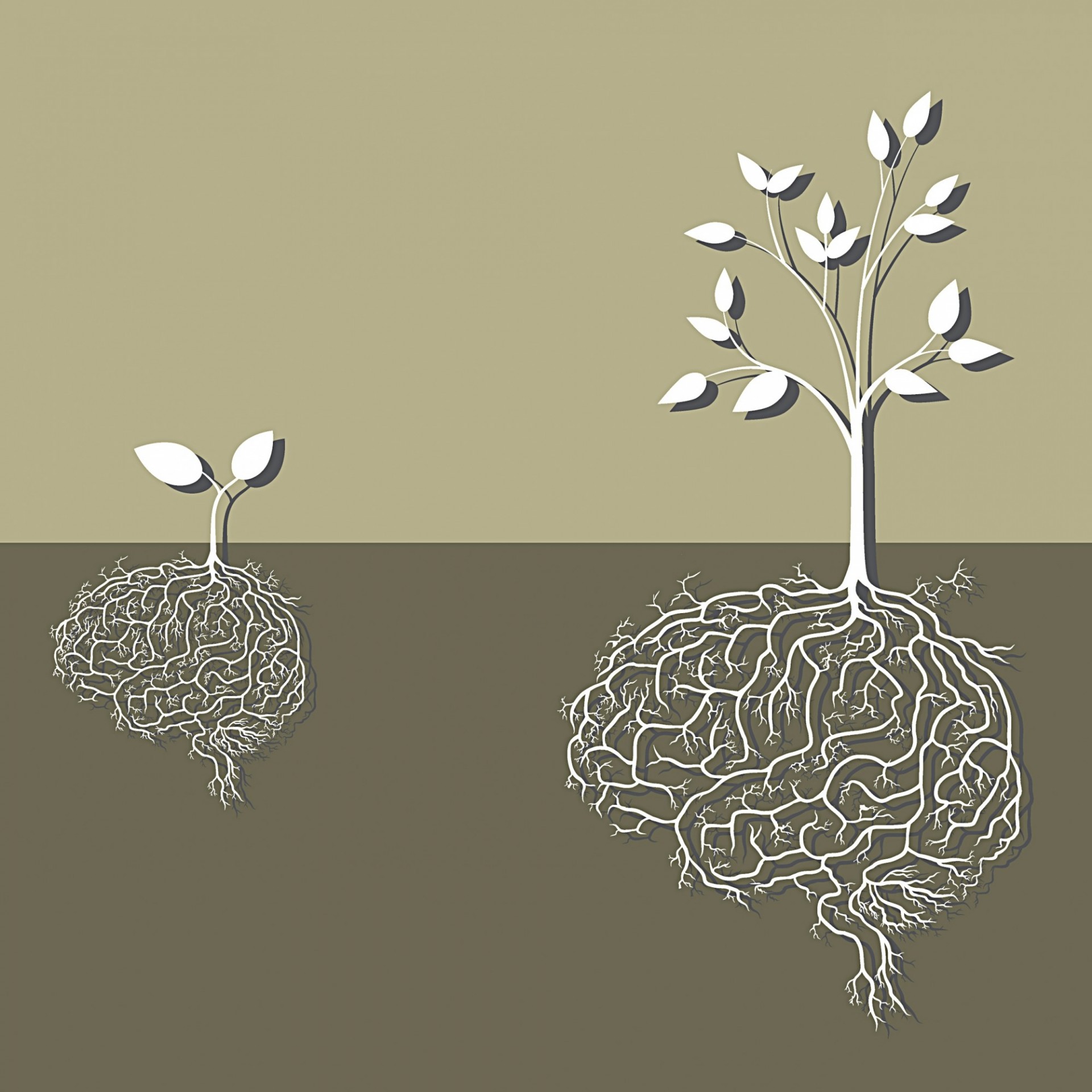The Center for Science and Society brings together researchers, scholars, and practitioners in the social and natural sciences, humanities, law, medicine, and the arts to engage in interdisciplinary research, teaching, and outreach to:
-
Break down traditional disciplinary silos
-
Create a new interdisciplinary paradigm of training and collaboration
-
Enhance public understanding of science in relation to pressing social concerns
Background
Rapid advances in science and technology offer great opportunities. However, they also pose many societal challenges -- from the use of artificial intelligence to guide decision-making and policy, to ethical and privacy related concerns surrounding big data, to balancing the development of sustainable food-systems with the changing climate. Addressing the complexity of these issues requires an ability to integrate scientific and technical knowledge with the historical, political, social, and philosophical expertise of the social sciences and humanities. Some of the most important skills required include the ability to synthesize multiple perspectives and to communicate with colleagues from different fields.
And, yet, colleges and universities are still training students through the lens of traditional disciplinary and professional silos. In order to meet the challenges ahead, it is crucial to create a university for the 21st century—a university that builds bridges across the divide of the sciences and humanities and facilitates the creation of new and integrative paradigms of collaborative research and teaching.
Since 2014, the Center for Science and Society has initiated and supported academic exchange across disciplines by faculty, scholars, and students at Columbia University. Work from the Center's Research Clusters, grant recipients, and affiliated students and scholars demonstrates the ways in which the presence of humanities- and social science-trained researchers collaborating with natural scientists has both expanded the purview of the humanities and influenced the perspectives of the natural scientists. These types of substantive interactions enable scholars in the humanities and researchers in the natural and social sciences to formulate collaborative research agendas that illuminate both fields equally, and, through co-taught courses, to prepare students to ask new questions from interdisciplinary perspectives that will bring solutions to the complex issues facing our world today.
Our Approach
- Break down disciplinary silos through integrative programming in Science and Society, including conferences, seminars, workshops, and discussion groups.
- Build and support academic communities around questions rather than fields.
- Create both physical and intellectual space for students and scholars from various disciplines to engage in the work of understanding each other’s terminology, methodology, and concepts.
- Provide financial and organizational support for new interdisciplinary and integrative projects.
- Facilitate University administrative processes to make interdisciplinary research, teaching, and collaboration more feasible.
- Act as a clearinghouse to aggregate and disseminate information about interdisciplinary initiatives taking place on campus.
- Organize and support outreach that increases public understanding of the social role and ethical and political implications of science, expert knowledge, technology, and medicine, including issues of science and social justice, science and racism, science and democracy, and access to knowledge.




